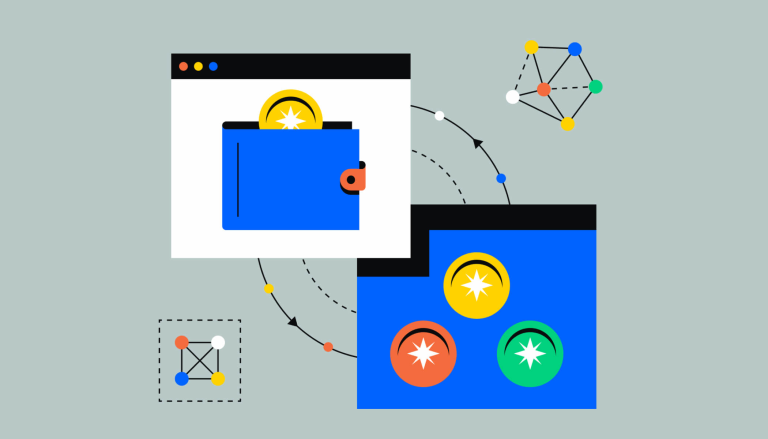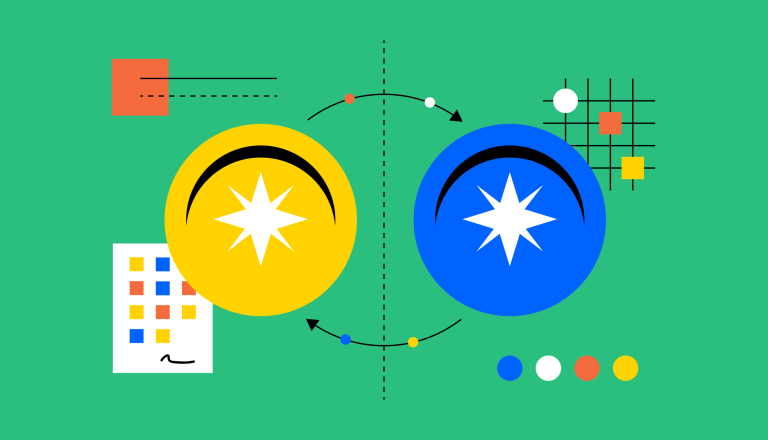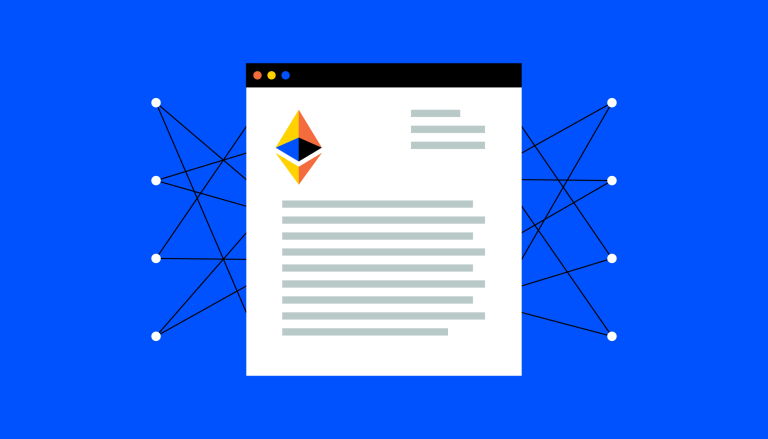What are Decentralized Applications (DApps)?

Decentralized Applications (DApps) are applications that run on blockchain networks, striving to provide enhanced security, transparency, and autonomy.
DApps are powered by smart contracts and operate on a peer-to-peer network, eliminating the need for a central authority.
While DApps present several potential benefits, they face challenges such as scalability and potential security breaches.
Understanding Decentralization
Decentralization is a concept that involves the distribution of power, control, and decision-making across a network or system, rather than being concentrated in a single organization or individual. This distribution of authority among multiple participants eliminates the need for a central entity to make all decisions. Technologies like blockchain enable this decentralization, with multiple computers (nodes) maintaining a shared database and verifying transactions. This ensures that no single entity has complete control over the system.
What is a DApp?
A Decentralized Application (DApp) is an application that operates on a blockchain network. DApps utilize the features of the blockchains they're built on, with the intention of providing enhanced security, transparency, and autonomy compared to traditional apps. This is achieved by distributing control to multiple participants. When you use a DApp, your information isn't controlled by a single company or server, but is recorded on the blockchain and verified by multiple nodes in the network. DApps can serve various purposes and functions, ranging from financial transactions to gaming, supply chain management, voting systems, and digital art creation.
How do DApps Work?
DApps are powered by smart contracts, with their back-end code running on distributed peer-to-peer networks. A smart contract is a set of pre-defined rules enforced by computer code. When certain conditions are met, all network nodes perform the tasks specified in the contract. Once a smart contract is deployed on the blockchain, it is difficult to change or destroy the code, potentially maintaining the functionality of the DApp even if the team behind it disbands.
Advantages of DApps
DApps present several potential benefits, including transparency, autonomy, and innovation. All transactions and activities on DApps are recorded on a public ledger, allowing anyone to verify and audit the data. Users can take ownership of their data and assets and interact directly with others without relying on intermediaries or central authorities. DApps also encourage innovation by allowing developers to build on existing platforms and protocols, and often have open-source components, encouraging collaboration among developers and communities.
Disadvantages of DApps
Despite their potential benefits, DApps face challenges. One of the biggest is scalability. Some blockchains have limitations in terms of processing speed and capacity, which can result in slower transaction times and higher costs. Additionally, while DApps strive to enhance security, they may not be completely immune to security breaches or hacking attempts by new users.


